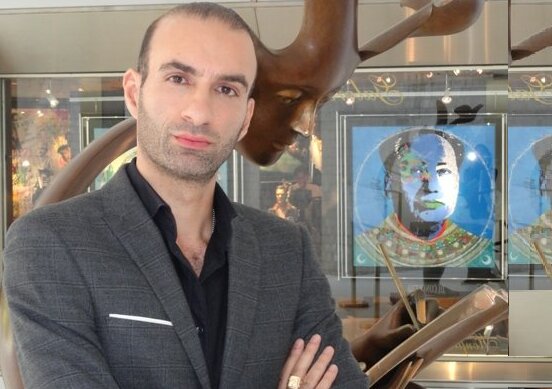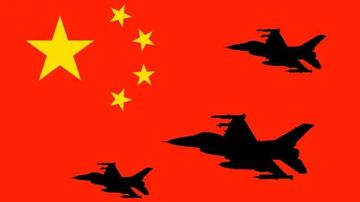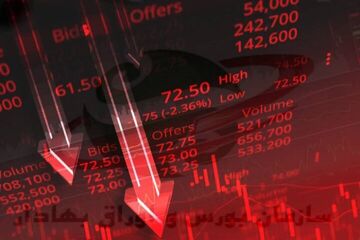TEHRAN(Bazaar) - Professor Arshin Adib-Moghaddam, Chair of the Center for Iranian Studies at the London Middle East Institute believes that the US will continue to be a major actor in this multipolar world order, but there is no “unipolarity” anymore.
In an exclusive interview with Bazaar, Professor in Global Thought and Comparative Philosophies and Chair of the Center for Iranian Studies at the London Middle East Institute, also adds that the US will be a partner amongst many, but the real game in town will be China.
Here is the full text of the interview:
Bazaar: The global economy was affected by the Coronavirus last year. How do you assess the outlook for the next year?
Adib_Moghaddam: Those areas of the world that performed the worse in terms of managing the pandemic will continue to struggle, especially in terms of increasing divisions within societies. I include the USA and Europe in this. Whilst European institutions are better equipped to neutralise socio-economic grievances, both in terms of political management and economically, the divisions in the USA will continue to have an impact on the stability of the country. Furthermore, projections that see China at the helm of the world economy in terms of GDP are being revised. Already, China is leading in terms of purchasing power parity, and the country will be the biggest economy of the world at least by 2028. Moreover, EurAsia is integrating like never before, with the Belt and Road Initiative and Russia’s North-South corridor. These massive infrastructural connections will have a windfall for all countries on the continent. Elsewhere there are similar moves to integrate regionally, in Africa and in Latin America, too. The strongest economies of these areas of the world will continue to outdo the “western” economies in terms of growth as several non-mainstream economists have rightly argued.
Bazaar: How will Biden's election affect global trade relations and multilateral agreements?
Adib_Moghaddam: Biden is well aware of the new realities, like Obama was. He will try to prevent the inevitable, i.e. the slow demise of the United States as a global hegemon, by forging new alliances and revitalising the “western” narrative along the “free democracies” narrative, which rings increasingly hollow exactly because of the authoritarianism in the political system of the United States itself. But Europe has long moved on, and has just signed a major trade agreement with China. There won’t be a return to the one-dimensional European subservience to the US. Trump destroyed that “special relationship” once and for all. In the new world order, the US will be a partner amongst many, but the real game in town will be China.
Bazaar: Recently, the largest free trade union (RCEP) was established with the participation of China. Meanwhile, there are rumors of a Biden government reviving the Trans-Pacific partnership. Given that the countries that are members of the RCEP support the revival of the TPP?
Adib_Moghaddam: As indicated, there will be efforts re-multilateralism US foreign policy in order to contain China. But the numbers are clear. The pendulum of history is slowly swinging back to the place where its original momentum came from: The Global South. Of course, the US will continue to be a major actor in this multipolar world order, but there is no “unipolarity” anymore. Economically and even geopolitically, there is movement away from the US. The TPP countries, certainly Peru and Chile, are already major trade partners of China, with about 30% of their exports going to this vast market. The Asian members are drawn into the Asianisation of the continent, the increasing integration of trade with China as a major engine.
Bazaar: What is your assessment of US trade relations with China next year? Will the trade war continue as it is today?
Adib_Moghaddam: I believe the political elites governing the current US system, from Biden to Trump, think it inevitable to confront China and to continue to contain the rise of the country. Judging from previous US policies, this approach will have a range of aggressive components and Taiwan may play a major role in the politics of this confrontation. Sanctions, and other punitive economic measures will also play a part, but I suspect that the US will increasingly securitise the relationship, and rely on political manipulation and “sabotage”, whilst trying to continue to have a stake in the Chinese market. Whether this new world order is a good thing for global peace which must be the ultimate goal of humanity remains to be seen. But 2021 will be another year towards a radically different world and a historical shift in terms of global politics and economic power.
















نظر شما